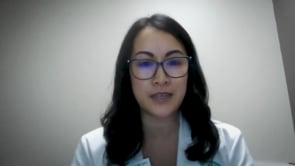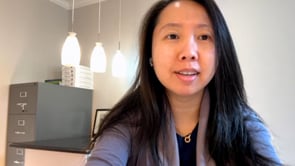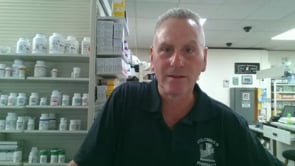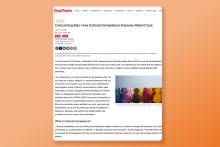Community Connected, the CPESN-initiative designed to help community pharmacies connect with communities of people who live, work or pray near their location, was featured in an article on Drug Topics website entitled, "Overcoming Bias: How Cultural Competence Improves Patient Care." Click here for the article.
Serving a Visually-Impaired and Blind Community in Austin, TX
Lynh Warnken, pharmacist and co-owner of Lamar Plaza Drug Store and Dripping Springs Pharmacy in Austin, TX, describes how a relationship with a local non-profit created an opportunity to hold profitable onsite vaccine clinics for visually-impaired and blind employees. The CPESN® Texas pharmacist is already thinking about other ways the pharmacies might support community members in their efforts to live more independently.






